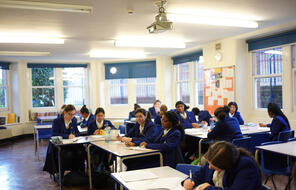1008 Results
Democracy & Civic Engagement
Recurring Themes in the Play
Students prepare to write an essay on theme by identifying and analysing the themes explored in the play.

Social Systems and Individual Agency
Students identify the parts, people, and interactions of various social systems, thinking about what bearing they have on character choices and behaviour, before considering responses to injustice.
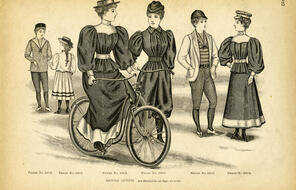
Theatre as a Call to Action
Students consider theatre as a call to action, discussing its power and limitations to spark real social change, before plotting their own play inspired by An Inspector Calls.
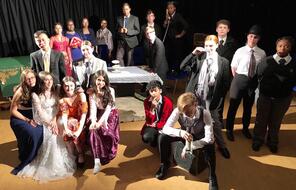
The Treatment of Edwardian Women
Students examine various resources, including excerpts from Emmeline Pankhurt’s ‘Freedom or Death’ speech, to gain an understanding of how women were treated and expected to behave in Edwardian society.
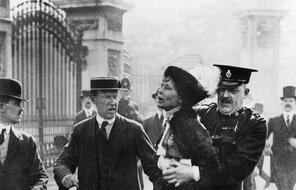
Teaching Standing up for Democracy in PSHE and Citizenship Lessons
On-Demand
Virtual
Explore our new resource, Standing Up for Democracy, which is suitable for Citizenship, History, PSHE, and Tutor time.
Confronting a Violent Past: Red Summer in Chicago
-
Chicago, IL
Join us for an interactive workshop to engage in discussions about Red Summer in Chicago and how to bring this history to high school classrooms. This event will be hosted in-person.
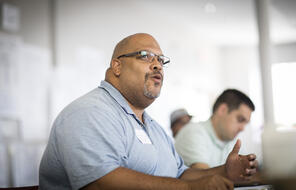
Backlash and the KKK
Students learn about the violent responses to the transformation of US democracy that occurred as a result of Radical Reconstruction.
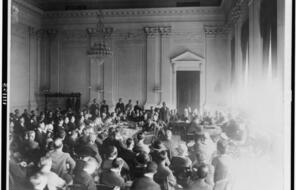
Shifting Public Opinion
Students examine the factors that led many northerners to turn against federal policies passed during the Reconstruction era that protected freedpeople.
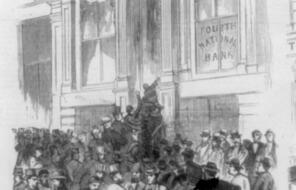
Understanding Class
Students explore class, status, etiquette and hierarchy to deepen their knowledge of the social expectations and values which guide the world in which the characters live.
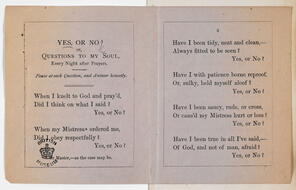
Understanding Mr Birling
Students study the character of Mr Birling, critically assessing Priestley’s presentation of him, before using the character to reflect on how identity can influence people's views and behaviour.

Understanding Mrs Birling
Students consider what factors impacted Mrs Birling’s treatment of Eva Smith, and create a universe of obligation graphic representation for her character.
